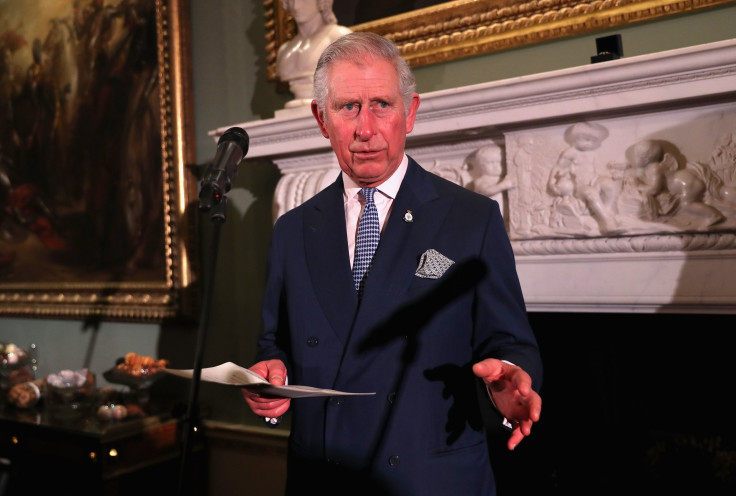Who Will Be The Next King? Is Prince Charles Too Political To Hold Crown? Queen Elizabeth II’s Heir Makes Climate Change Comments

Prince Charles, the heir to the British throne, has again faced criticism for his willingness to enter political debates. Charles, whose succession to the throne has come under renewed focus in recent weeks because of the ill health of Queen Elizabeth II, has recently made his voice heard on a series of environmental issues.
Over the weekend, the 68-year-old was promoting a new Ladybird children’s book on climate change that he has co-authored.
“There is still a great deal to do on this very pressing issue, including in relation to public awareness,” he told Sky News Sunday.
"It does rather seem to me that many people are still unsure about climate change in terms of what is really causing it, how urgent it is that we take action, why we must do that and what might be the consequences if we don't act right away."
Charles also wrote a column for the Daily Mail, in which he suggested that awareness could be raised if weather forecasts pointed out the link between climate change and extreme weather.
“Perhaps daily weather forecasts could include a few basic facts about the Earth’s vital signs, or details of where climate change is increasing the likelihood of damaging weather?” he said.
However, that suggestion led to ridicule from one member of the governing Conservative Party.
“As ideas go, it is definitely high on the scale of idiotic,” MP Philip Davies said. “We put the weather forecast on to know if we need to take a brolly out with us. We don't need some propaganda shoved down our throats. I'm afraid that Prince Charles is far too keen to get involved in a political debate and a political issue.”
Charles has also given backing to an Ocean Rescue campaign launched by Sky, which seeks to clean up the buildup of plastic waste in the oceans.
The Prince of Wales’ intervention in political affairs came under intense scrutiny in 2015 upon the release of the so-called “Black Spider” memos. A series of letters written to government ministers in 2004 and 2005, they showed Charles seeking to lobby politicians on a range of issues from herbal medicine to badger culling.
Since the Glorious Revolution in 1688, the United Kingdom has been a constitutional monarchy, greatly restricting the powers of the man or woman who sits on the throne to the point that they have become effectively ceremonial.
And some have speculated that Charles’ willingness to intervene in political matters could present a major issue for the future of the monarchy if and when he takes over from his 90-year-old mother.
However, the constitution still gives the monarchy “the right to be consulted, the right to encourage, the right to warn.” And Charles’ statements on climate change fit well within those boundaries, one of his co-authors on the new book has argued.
“I can think of few issues where exercising those rights fits the bill more closely than in relation to the ever less controversial matter of climate change,” Tony Juniper wrote in The Guardian.
© Copyright IBTimes 2024. All rights reserved.





















